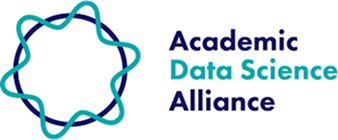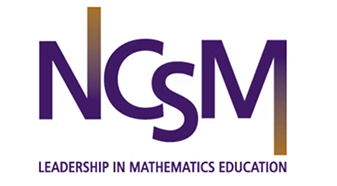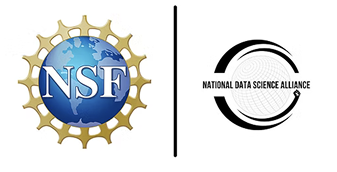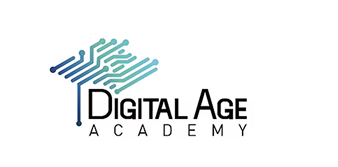Uncertainty statements & limitations
Clearly explain the limitations and caveats of a conclusion from data, including the risks of extending the conclusion to another group or situation.
K–2 Competencies
Classroom resources
Data Science Starter Kit Module 4: Drawing Conclusions - Interpreting Problems and Results
Welcome to one of the most critical skills in data science—learning how to draw valid conclusions from data and understanding what those conclusions can and cannot tell us. This module focuses on the thinking skills that separate good data science from misleading claims.🔗
Interpreting Problems and Results isn’t about complex statistical tests or advanced mathematics. It’s about developing the intellectual honesty and critical thinking skills to say, “Based on this data, here’s what we can reasonably conclude, here’s what we’re not sure about, and here’s what we still need to investigate.”
3–5 Competencies
Identify reasons to support and refute conclusions when drawing insights from data.
Classroom resources
Data Science Starter Kit Module 4: Drawing Conclusions - Interpreting Problems and Results
Welcome to one of the most critical skills in data science—learning how to draw valid conclusions from data and understanding what those conclusions can and cannot tell us. This module focuses on the thinking skills that separate good data science from misleading claims.🔗
Interpreting Problems and Results isn’t about complex statistical tests or advanced mathematics. It’s about developing the intellectual honesty and critical thinking skills to say, “Based on this data, here’s what we can reasonably conclude, here’s what we’re not sure about, and here’s what we still need to investigate.”
6–8 Competencies
Assess the data to determine which aspects of the original question can be answered and identify which areas still require further investigation for a confident conclusion.
Classroom resources
Data Science Starter Kit Module 4: Drawing Conclusions - Interpreting Problems and Results
Welcome to one of the most critical skills in data science—learning how to draw valid conclusions from data and understanding what those conclusions can and cannot tell us. This module focuses on the thinking skills that separate good data science from misleading claims.🔗
Interpreting Problems and Results isn’t about complex statistical tests or advanced mathematics. It’s about developing the intellectual honesty and critical thinking skills to say, “Based on this data, here’s what we can reasonably conclude, here’s what we’re not sure about, and here’s what we still need to investigate.”
9–10 Competencies
Identify potential issues in data investigations and state what cannot be reasonably concluded from the available data and approach, noting areas that may require further investigation.
Classroom resources
Data Science Starter Kit Module 4: Drawing Conclusions - Interpreting Problems and Results
Welcome to one of the most critical skills in data science—learning how to draw valid conclusions from data and understanding what those conclusions can and cannot tell us. This module focuses on the thinking skills that separate good data science from misleading claims.🔗
Interpreting Problems and Results isn’t about complex statistical tests or advanced mathematics. It’s about developing the intellectual honesty and critical thinking skills to say, “Based on this data, here’s what we can reasonably conclude, here’s what we’re not sure about, and here’s what we still need to investigate.”
11–12 Competencies
Evaluate the potential limitations of statistical findings by considering the data collection methods, sample selection, and simplifications that may not capture the complexity of real-world scenarios.
Classroom resources
Data Science Starter Kit Module 4: Drawing Conclusions - Interpreting Problems and Results
Welcome to one of the most critical skills in data science—learning how to draw valid conclusions from data and understanding what those conclusions can and cannot tell us. This module focuses on the thinking skills that separate good data science from misleading claims.🔗
Interpreting Problems and Results isn’t about complex statistical tests or advanced mathematics. It’s about developing the intellectual honesty and critical thinking skills to say, “Based on this data, here’s what we can reasonably conclude, here’s what we’re not sure about, and here’s what we still need to investigate.”
Advanced Competencies
Classroom resources
Support other teachers by sharing a resource
Do you have a lesson plan, video, or tip that could help others teaching this topic?
Share feedback on the Learning Progressions
Your feedback helps us improve these progressions for teachers around the world. Thank you!
Share feedback on the Learning Progressions
Your feedback helps us improve these progressions for teachers around the world. Thank you!
Share a classroom resource
Suggesting a resource helps students around the world learn essential data science skills.








.png)














